Inpatient Treatment Programs for Couples: Comprehensive Approaches and Key Considerations
Substance abuse and addiction are pervasive issues that affect individuals and their relationships on multiple levels. When both partners in a relationship struggle with addiction, the impact can be even more profound, often leading to a cycle of mutual enabling and destruction. In such cases, traditional rehabilitation methods may fall short, necessitating specialized programs that address the unique dynamics of couples facing addiction.
Inpatient treatment programs at Couples rehabs in Orange County offer a comprehensive and structured approach to recovery, designed to cater specifically to the needs of couples. These programs provide a safe and supportive environment where both partners can work on their individual recovery while also focusing on rebuilding and strengthening their relationship. This dual focus not only aids in breaking the cycle of addiction but also helps couples develop healthier communication and coping strategies.
This article delves into the intricacies of inpatient treatment programs for couples, highlighting their definition, purpose, types, and benefits. It also explores specialized approaches tailored for couples, including joint therapy sessions, individualized treatment plans, and techniques for improving communication and relationship skills. Additionally, we will discuss the challenges and considerations unique to couples rehab, such as emotional and psychological factors, balancing individual needs, and logistical and financial aspects. By understanding these elements, couples can make informed decisions about their journey to recovery and a healthier, more fulfilling relationship.
Couples Rehabs Services 888-325-2454
Overview of Inpatient Treatment Programs
Inpatient treatment programs are structured and immersive rehabilitation services provided to individuals struggling with substance abuse, mental health disorders, or behavioral issues. These programs require patients to reside within a treatment facility for a specified period, ensuring 24/7 access to medical and therapeutic support, which can be crucial for effective recovery.
Definition and Purpose
Inpatient treatment programs, also known as residential treatment programs, are designed to provide comprehensive care in a controlled environment. The purpose of these programs is to remove individuals from environments that may contribute to their addiction or mental health issues and place them in a supportive setting that fosters recovery. By living onsite, patients can focus entirely on their treatment without the distractions and triggers of daily life. These programs aim to stabilize patients, provide intensive therapy, and equip them with the skills needed to maintain long-term recovery.
Types of Inpatient Programs
Inpatient treatment programs come in various forms, each tailored to address different needs and conditions. Some common types include:
- Short-Term Residential Programs: Typically lasting 30 days or less, these programs offer intensive, brief interventions that focus on detoxification and initial therapy.
- Long-Term Residential Programs: These programs can last from several months to a year and provide a more extended period of treatment. They are suited for individuals with severe or long-standing issues who need more time to recover.
- Holistic Programs: These programs incorporate alternative therapies such as yoga, meditation, and acupuncture alongside traditional medical and psychological treatments to address the whole person—mind, body, and spirit.
- Specialized Programs: Some inpatient facilities offer specialized programs for specific populations, such as adolescents, veterans, or LGBTQ+ individuals, ensuring that treatment is tailored to their unique experiences and needs.
Benefits of Inpatient Treatment
Inpatient treatment programs offer several significant benefits that can enhance the recovery process:
- Structured Environment: The highly structured setting of inpatient programs helps patients establish routines, which can be critical in early recovery. The daily schedule typically includes therapy sessions, group activities, and personal time for reflection and self-care.
- Intensive Therapy: With access to a range of therapeutic modalities, including individual counseling, group therapy, and family therapy, patients receive intensive support to address the underlying causes of their issues.
- Medical Supervision: 24/7 medical care is available for managing withdrawal symptoms, medication administration, and handling any medical emergencies that may arise during treatment.
- Peer Support: Living with others who are facing similar challenges fosters a sense of community and mutual support. Group therapy and communal living arrangements encourage patients to share experiences, offer encouragement, and build lasting connections.
- Focus on Recovery: By removing external distractions, patients can concentrate solely on their recovery journey. This immersive focus allows for deeper engagement with therapy and a greater likelihood of successful outcomes.
Inpatient treatment programs provide a vital foundation for individuals seeking to overcome addiction or mental health issues. By offering a safe, supportive, and structured environment, these programs help patients build the skills and resilience needed for long-term recovery.
Specialized Approaches for Couples
Inpatient treatment programs designed for couples offer unique approaches that cater specifically to the dynamics of relationships. These specialized approaches aim to address both individual recovery and relational health, ensuring that both partners receive the support and tools they need to heal together. Below are some of the key components of these specialized approaches:
Joint Therapy Sessions
Joint therapy sessions are a cornerstone of inpatient treatment programs for couples. These sessions provide a safe and structured environment where both partners can openly discuss their struggles, feelings, and progress. Guided by a trained therapist, couples can work on understanding each other’s perspectives and developing healthy communication patterns. The main objectives of joint therapy sessions include:
- Building Trust: stablishing a foundation of trust is crucial for recovery. Joint sessions help couples rebuild trust by fostering transparency and honesty.
- Conflict Resolution: Therapists teach couples effective strategies for resolving conflicts, helping them move past disagreements without resorting to destructive behaviors.
- Emotional Support: Sharing the journey of recovery can be emotionally taxing. Joint sessions offer a space where partners can support each other, reinforcing the bond between them.
Individualized Treatment Plans
While joint therapy is essential, individualized treatment plans are equally important in couples rehabs. Each partner may have different needs and issues that require focused attention. Personalized treatment plans ensure that both individuals receive the specific care necessary for their recovery. Key elements of individualized treatment plans include:
- Personal Assessments: Comprehensive assessments help identify each partner’s unique challenges, such as underlying mental health issues or specific addiction triggers.
- Tailored Therapies: Based on the assessments, therapists provide tailored therapeutic interventions, such as cognitive-behavioral therapy (CBT), dialectical behavior therapy (DBT), or other evidence-based practices.
- Progress Monitoring: Regular check-ins and adjustments to the treatment plan ensure that each partner is progressing at a suitable pace, addressing any emerging issues promptly.
Communication and Relationship Skills
Effective communication and strong relationship skills are vital for long-term recovery and relationship health. Inpatient treatment programs for couples often incorporate specialized training in these areas, helping partners develop the skills necessary to maintain a healthy relationship post-rehab. Important aspects of this training include:
- Active Listening: Couples learn the importance of truly listening to each other without interrupting or judging, fostering a deeper understanding and connection.
- Expressing Emotions: Therapists teach couples how to express their emotions in a constructive manner, reducing the likelihood of misunderstandings and resentment.
- Setting Boundaries: Establishing and respecting boundaries is crucial for a healthy relationship. Couples learn how to set clear, mutually agreed-upon boundaries that promote mutual respect and individual growth.
By integrating these specialized approaches, inpatient treatment programs for couples provide a comprehensive framework that not only addresses addiction but also strengthens the relationship. These programs recognize that the journey to recovery is intertwined with the health of the relationship, and they strive to equip couples with the tools necessary for lasting success.

Challenges and Considerations
While inpatient treatment programs for couples offer significant benefits, they also come with a unique set of challenges and considerations. Understanding these aspects is crucial for couples and healthcare providers to navigate the complexities of treatment effectively.
Emotional and Psychological Factors
One of the primary challenges in couples rehab is managing the emotional and psychological dynamics between partners. In many cases, couples entering rehab may have strained relationships, often exacerbated by years of substance abuse or co-dependency. The emotional baggage can be intense, and addressing these issues requires careful, sensitive handling by trained therapists. This environment demands a delicate balance between supporting each partner individually and fostering a healing dynamic within the relationship.
Balancing Individual Needs
Another significant challenge is balancing the individual needs of each partner with the collective goals of the couple. Each person’s journey through recovery is unique, and their needs can vary widely. For instance, one partner may require more intensive therapy or medical intervention, while the other may need more focus on psychological support. Treatment plans must be flexible enough to accommodate these differences without compromising the overall effectiveness of the program. This balancing act often requires ongoing adjustments and close monitoring by the treatment team.
Logistical and Financial Aspects
The logistics and financial implications of inpatient treatment programs can also present hurdles. Inpatient care is typically more expensive than outpatient options due to the comprehensive and intensive nature of the services provided. Couples must consider the financial burden and potential impact on their long-term financial health. Additionally, the logistics of arranging time away from work, family responsibilities, and other commitments can be complex. Ensuring that both partners can commit fully to the program without external distractions is essential for the success of the treatment.
In conclusion, while inpatient treatment programs for couples offer a structured and supportive environment for recovery, they come with specific challenges that need to be addressed. Emotional and psychological complexities, the need to balance individual and collective treatment goals, and logistical and financial considerations all play crucial roles in the success of these programs. By understanding and preparing for these challenges, couples and healthcare providers can work together to create a more effective and supportive pathway to recovery.
Couples Inpatient Treatment Programs at Couples Rehabs
Inpatient treatment programs at couples rehabs offer a unique and comprehensive approach to addiction recovery. By addressing both individual and relational dynamics, these programs provide a supportive environment where couples can heal together. The integration of joint therapy sessions and individualized treatment plans ensures that both partners receive the personalized care they need while also fostering improved communication and relationship skills.
Despite the numerous benefits, it is crucial to recognize the challenges inherent in this approach. Emotional and psychological factors must be carefully managed to avoid exacerbating existing tensions. Balancing the individual needs of each partner with the collective goals of the couple can be complex, requiring careful coordination and professional oversight. Additionally, logistical and financial considerations may pose obstacles that need to be addressed to ensure the accessibility and sustainability of the treatment.


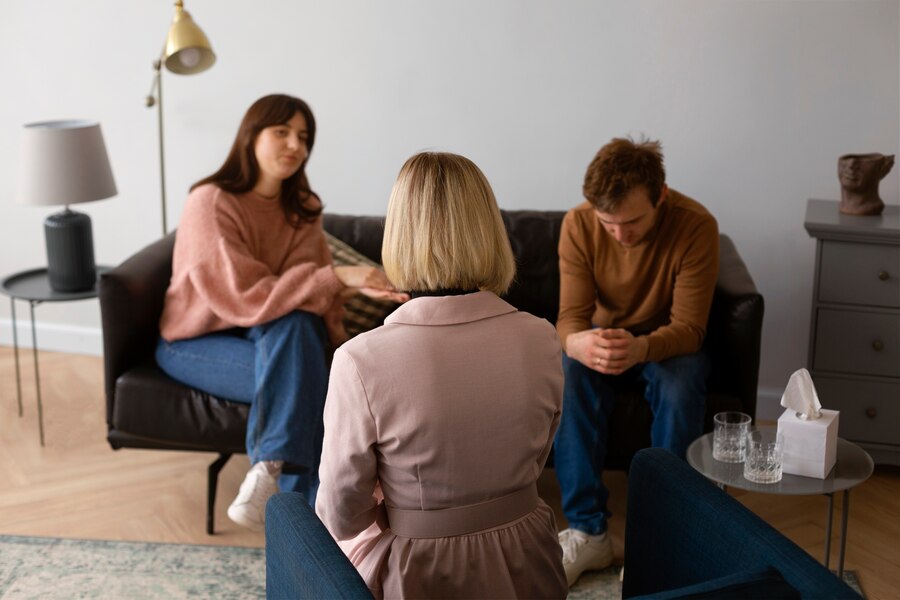

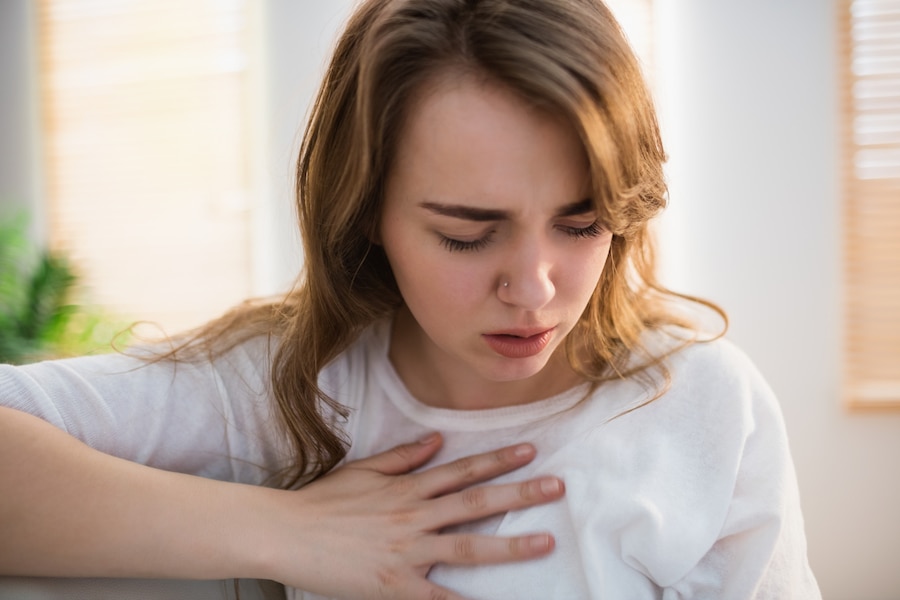



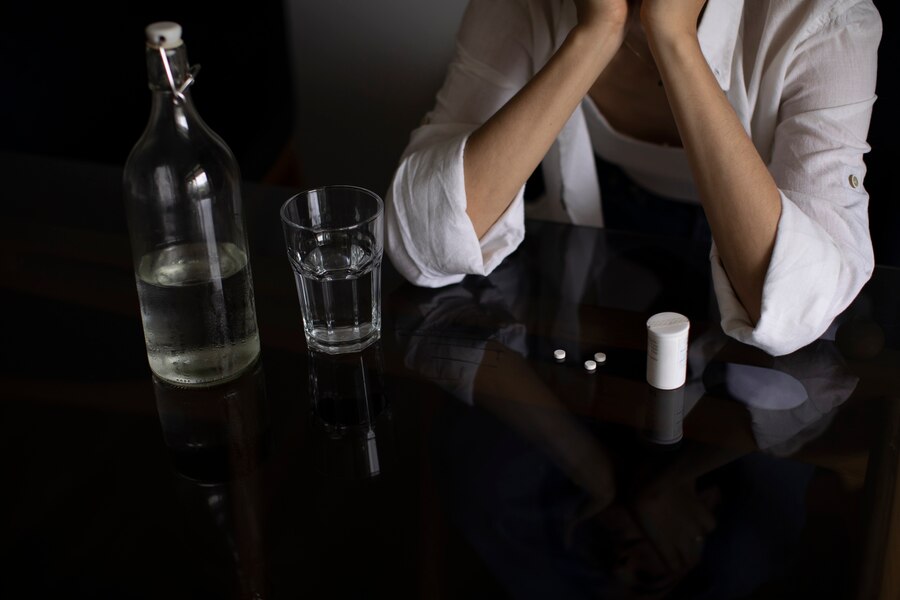
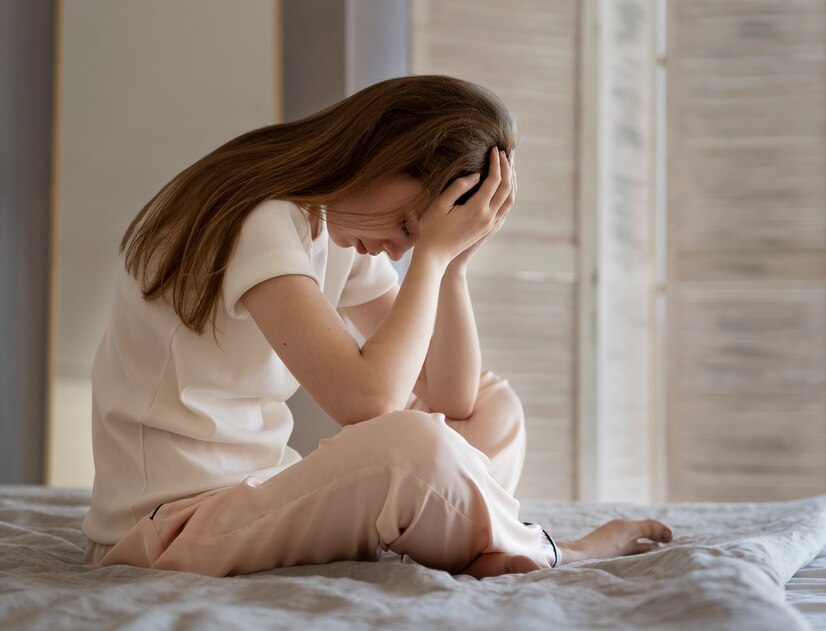

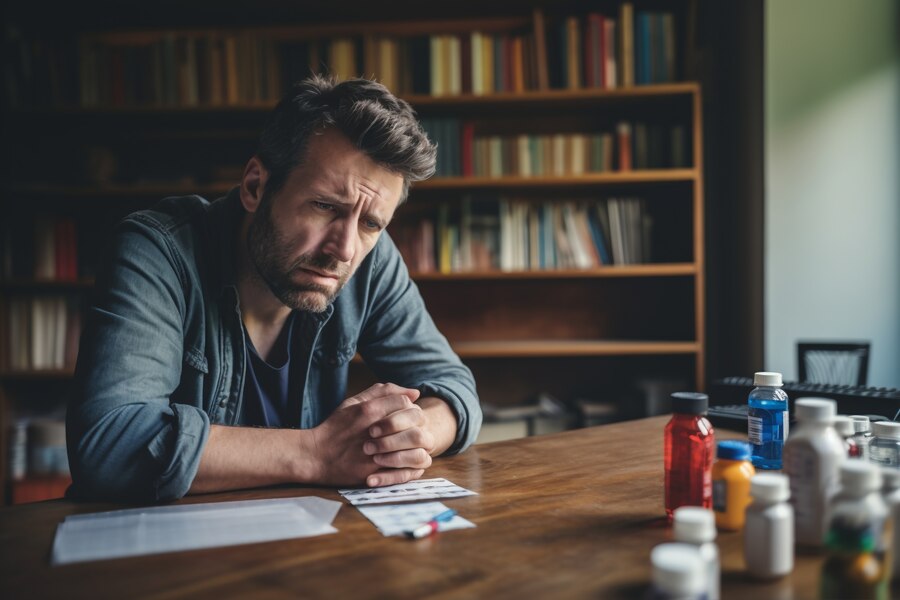
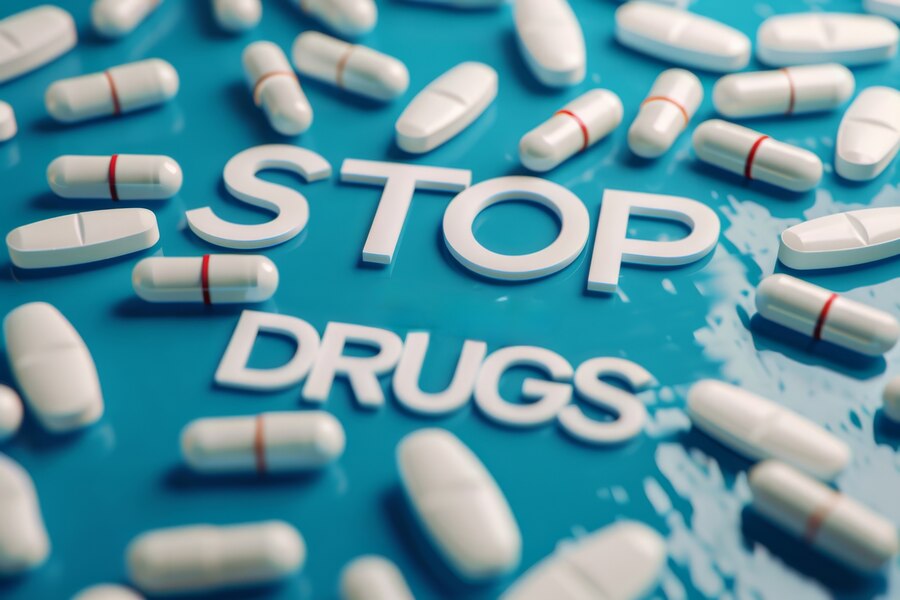
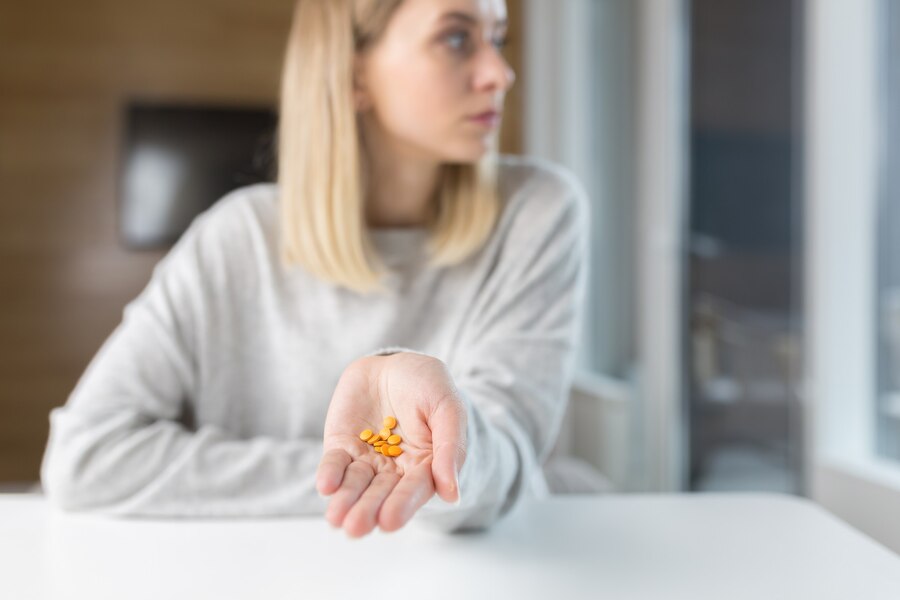


Recent Comments